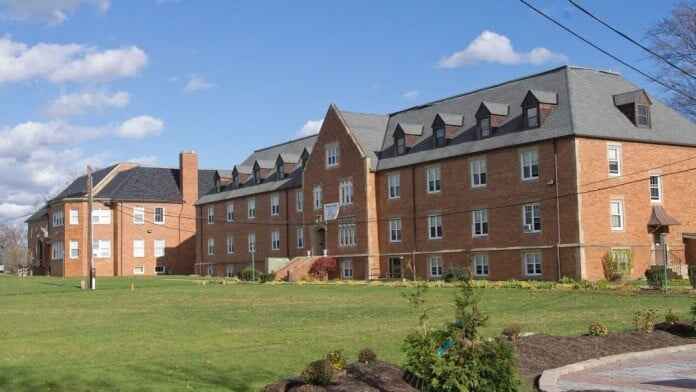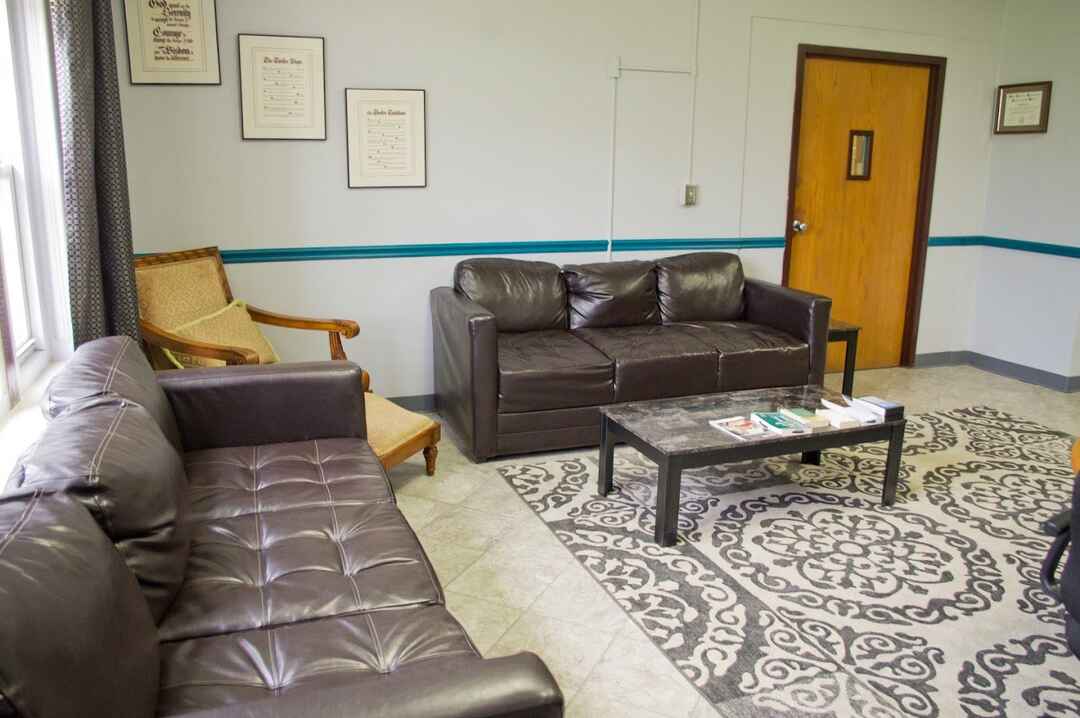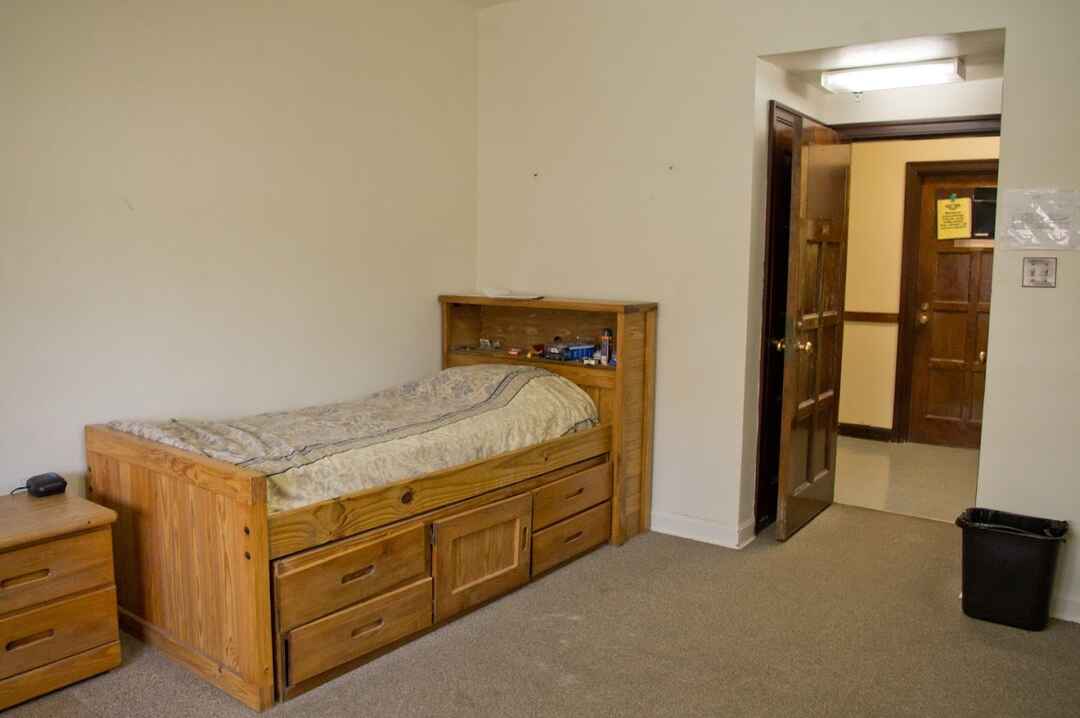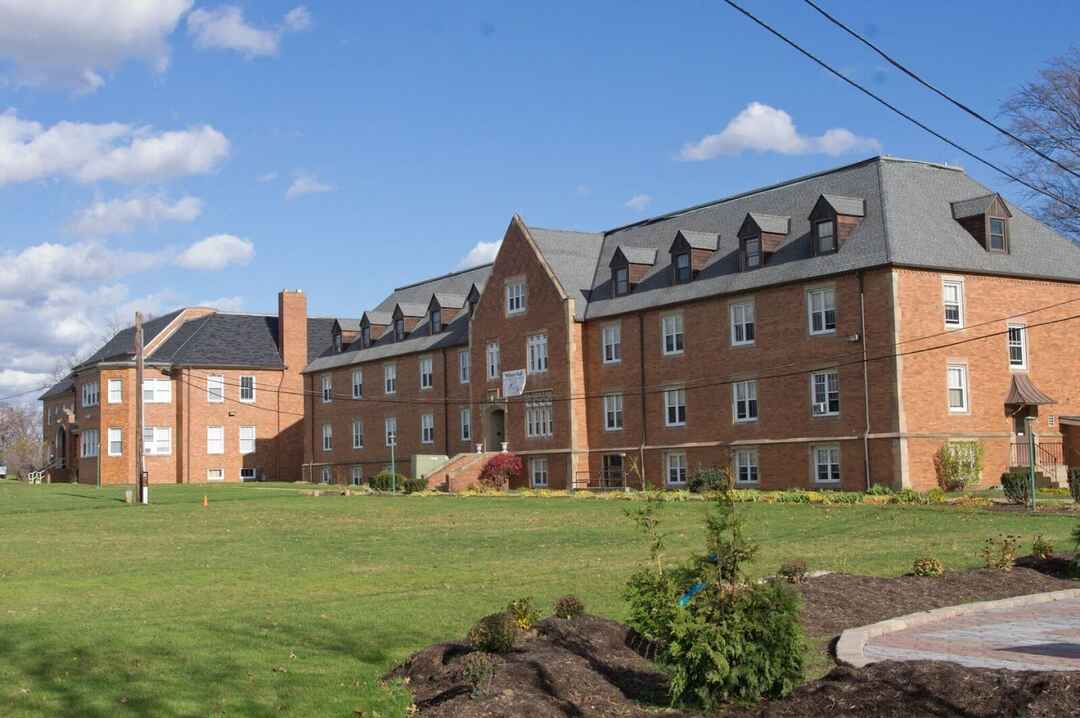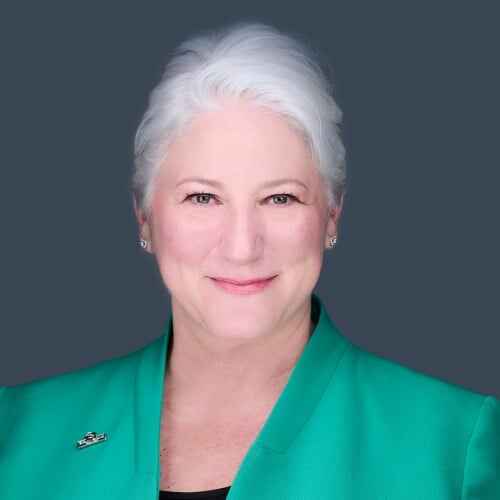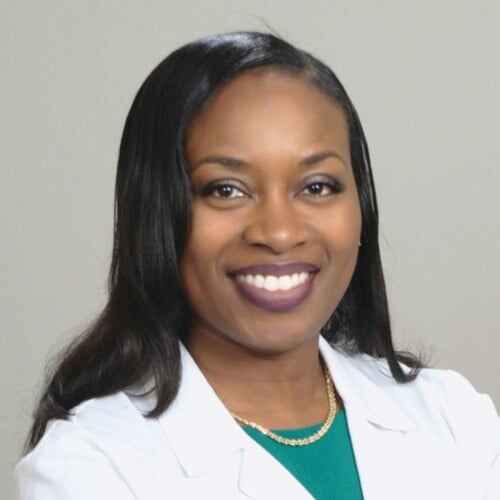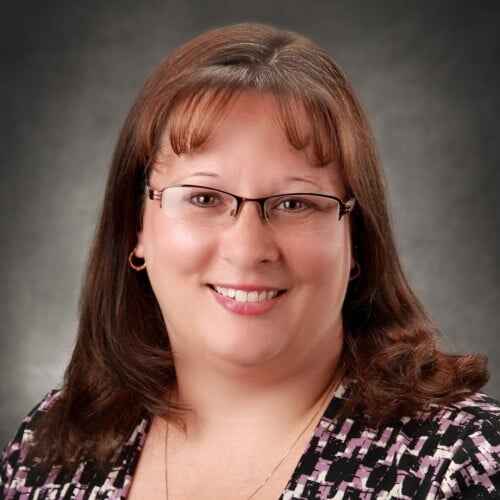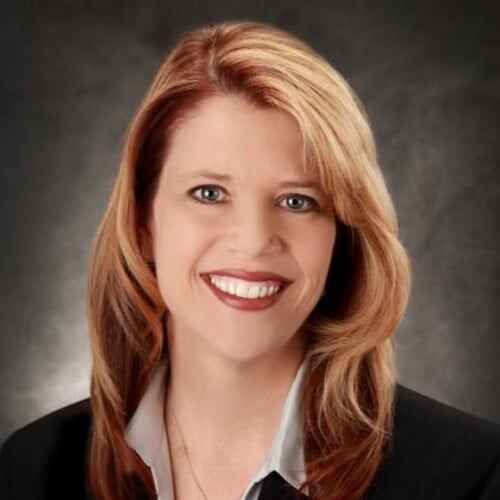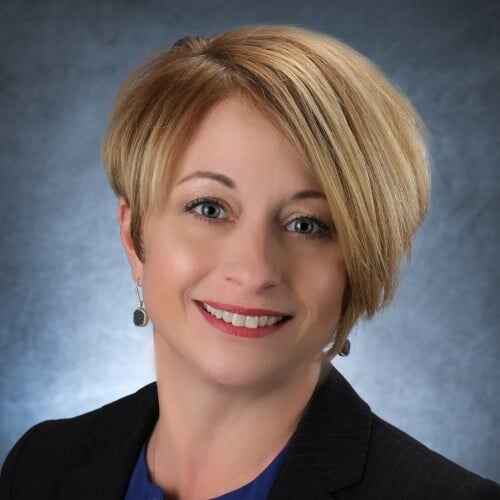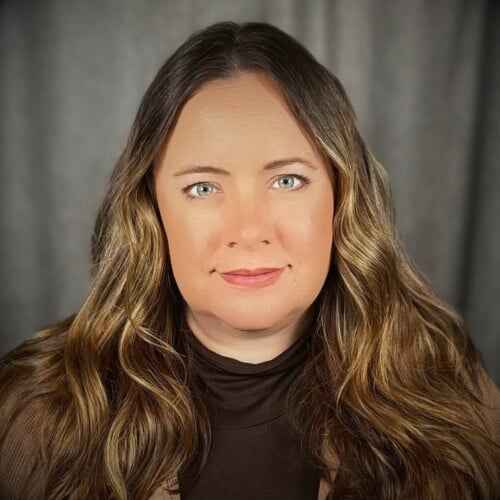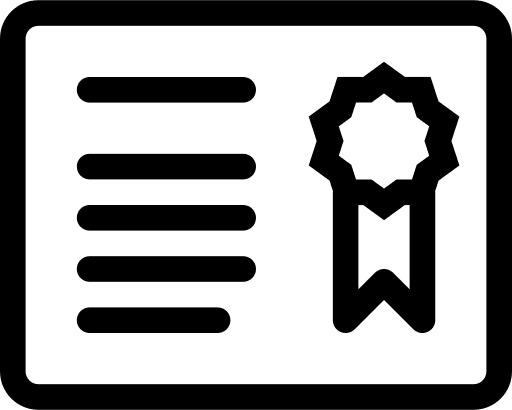About CommQuest Services Massillon Recovery Campus – Massillon
Commquest- Wilson Hall, located in Massillon, Ohio, is an alcohol, drug, and dual diagnosis treatment center for men and women. Their women’s residential programming has space for mothers with young children to receive treatment while a young child or infant accompanies them.
Commquest- Wilson Hall offers detox, residential, outpatient programming, and medication assisted treatment services.
The medically supervised detox at Commquest- Wilson Hall is for those who need to remove harmful addictive substances from their body in order to gain mental and physical stability. This process usually takes an average of five days to complete. Professionals will monitor the detox to ensure safety and to help provide as much comfort as possible.
Residential treatment at Commquest- Wilson Hall is gender specific. The programs offer individual therapy, group therapy, guest speakers, and educational classes. Children up to the age of five may accompany their mothers in rooms specifically designed for toddlers and infants. Once residential treatment ends, participants are given the opportunity to go into a transitional living environment where they can continue to participate in outpatient forms of treatment.
The outpatient treatment services provided by Commquest- Wilson Hall is for addiction as well as dual diagnosis conditions. This phase of treatment includes learning how to identify triggers, ensuring the proper support systems are in place, and continuing to do the inner work to heal what caused the addiction to occur in the first place.
Medication Assisted Treatment provides medications along with comprehensive medical, psychiatric, and behavioral counseling. FDA approved medications are used to support withdrawal from opioid drugs and to help maintain long term abstinence. By combining medication with mental health treatment, a greater chance of success is achieved for long term abstinence.
Individual therapy creates the space to explore the psychological challenges associated with the addiction. With the help of a professional, individuals are given the space and direction to talk about and process their emotions. Often this includes unresolved trauma, anger, depression, anxiety, and the need for more control or autonomy in life.
